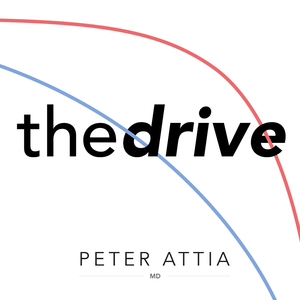
Jeanette M. Wolfe, MD: “But, I Didn’t Say Anything!” – Tips for Effective Nonverbal Communication in the ED
10/07/16 • 46 min
Previous Episode

Matthew C. DeLaney, MD: Lost in the FOAM: Free Open Access Medical Education for the Technologically Challenged
Over the past several years, there has been an explosion in the use of various social media platforms, podcasts, and various websites devoted to Emergency Medicine. The term FOAM, or free open access medical education, is used to broadly categorize these resources, which for the most part are available to all providers. While certain providers may be able to seamlessly integrate this growing body of information into their daily practice, many providers may be unfamiliar with or uncomfortable accessing and implementing this new world of information. In this course we hope to familiarize novice users with the world of FOAM. We hope to highlight various resources that provide easy access to these resources. In addition we hope to illustrate the overlap that is developing between FOAM and traditional CME for providers. Finally we hope to address the unique pitfalls and challenges that can occur when providers attempt transfer knowledge from online into clinical practice.
Next Episode

Kevin Klauer, DO, EJD, FACEP: High-Risk Cases in EM: Select Topics
Emergency medicine is a high risk specialty. Certain clinical entities, however, are predictable sources of bad outcomes and associated medical malpractice claims and lawsuits. The speaker will review common areas associated with risk in EM, reviewing the pitfalls of misdiagnosis and strategies to reduce risk to the patient and the provider. Medical malpractice cases will be utilized to illustrate key concepts.
If you like this episode you’ll love
Episode Comments
Generate a badge
Get a badge for your website that links back to this episode
<a href="https://goodpods.com/podcasts/acep-sa-replay-74132/jeanette-m-wolfe-md-but-i-didnt-say-anything-tips-for-effective-nonver-3938877"> <img src="https://storage.googleapis.com/goodpods-images-bucket/badges/generic-badge-1.svg" alt="listen to jeanette m. wolfe, md: “but, i didn’t say anything!” – tips for effective nonverbal communication in the ed on goodpods" style="width: 225px" /> </a>
Copy




